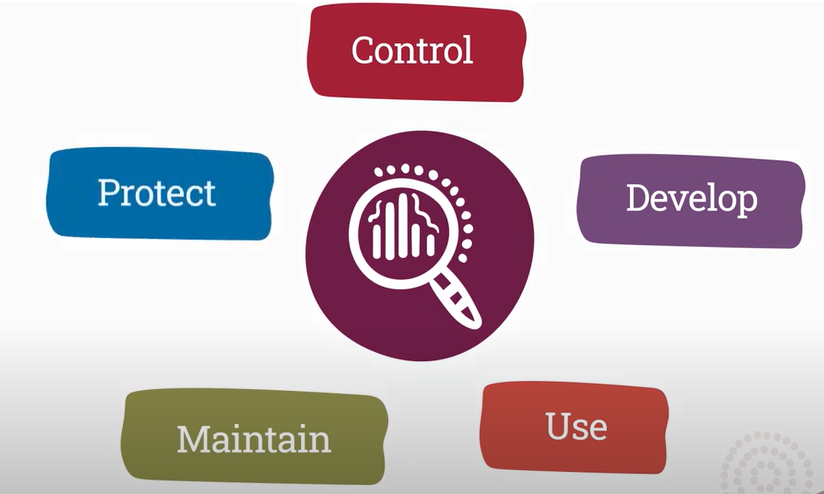Lowitja Institute launches Indigenous Data Sovereignty evaluation toolkit

MEDIA RELEASE – 31 March 2022
The Lowitja Institute today launched the Indigenous Data Sovereignty Readiness Assessment and Evaluation Toolkit for researchers, governments, and communities, to strengthen community control use and protection of Aboriginal and Torres Strait Islander data and information.
Lowitja Institute CEO, Adjunct Professor Janine Mohamed, said the toolkit will play a critical role in efforts to close the gap in Aboriginal and Torres Strait Islander health outcomes.
“The toolkit is designed to evaluate Indigenous Data Sovereignty principles and practices in action within research and academic organisations,” Adjunct Professor Janine Mohamed said.
“It is also a valuable resource for Aboriginal and Torres Strait Islander communities and organisations to identify Indigenous Data Sovereignty in practice,” she said.
Dr Kalinda Griffiths of the Centre for Big Data Research in Health at UNSW led development of the toolkit, which is being launched today to coincide with the Lowitja Institute Members Workshop.
The workshop is led Dr Griffiths and Professor Ray Lovett, Director of the Mayi Kuwayu study at the National Centre for Epidemiology and Population Health, ANU.
“Data is power. There has always been a push for non-Indigenous people to decide what is done with data relating to Indigenous communities and peoples, and in how data is measured. But this needs to change,” Dr Kalinda Griffiths said.
“Data governance plays a huge role, as well as data capacity building within the community. Once there is improved Indigenous data governance and ownership, we will likely see more timely and accurate data, which can be vital in circumstances like what we now face with COVID-19. These are complex problems and there’s no easy fix. But the needle is beginning to move,” Dr Griffiths said.
The toolkit will support one of the four priority reforms in the National Agreement on Closing the Gap –
committing to Aboriginal and Torres Strait Islander peoples having access to, and the capability to use, locally relevant data and information to set and monitor the implementation of efforts to close the gap, their priorities and drive their own development.
“We have a fundamental right to control our data, develop our data, use our data, maintain our data and protect our data if we are to close the gap in health outcomes for our peoples.”
– Adjunct Professor Janine Mohamed
For more information please visit lowitja.org.au/ID-SOVToolkit or to arrange an interview with Dr Kalinda Griffiths, please contact Amy Hofman on 0405 114 930, communications@lowitja.org.au

